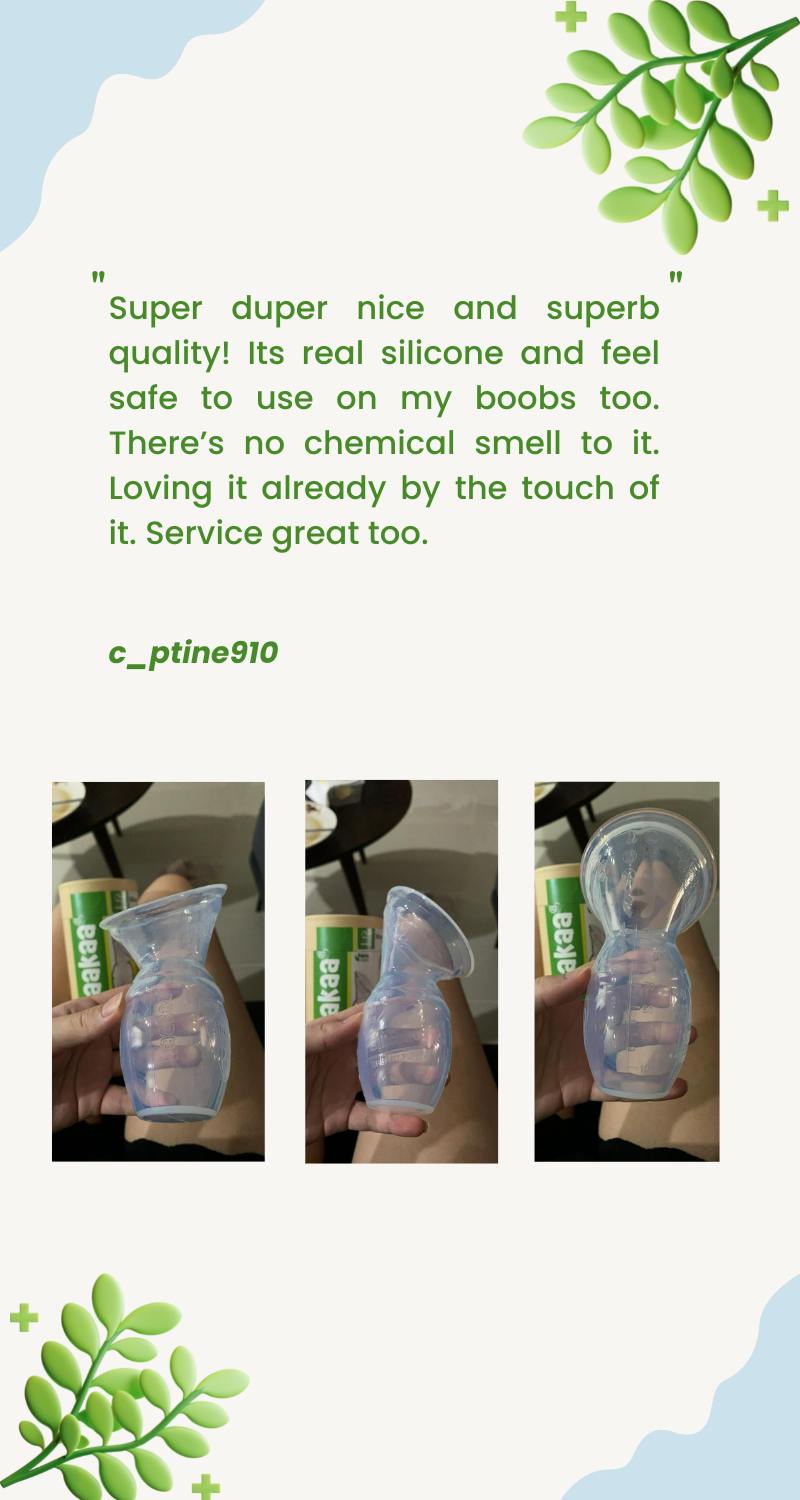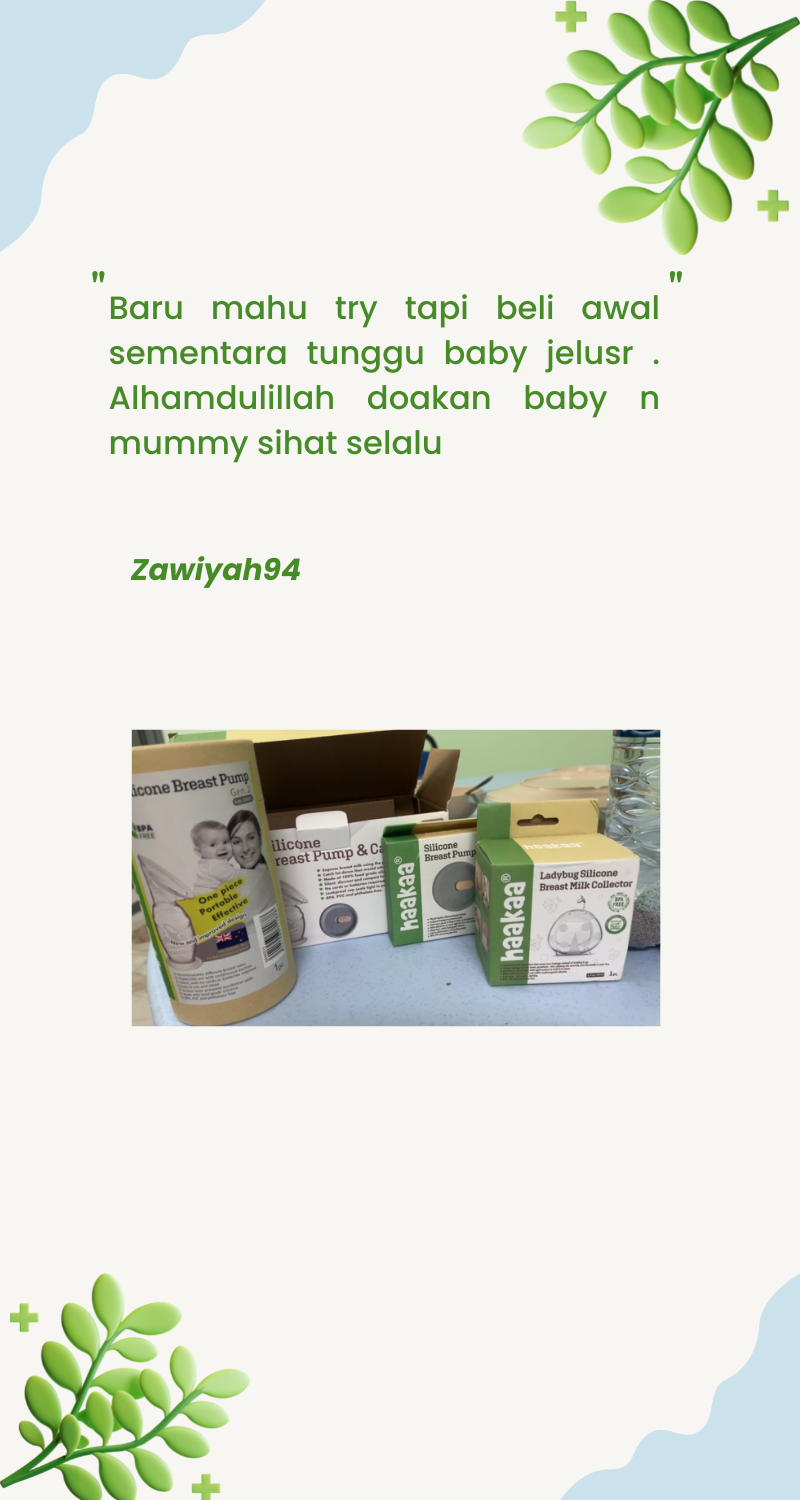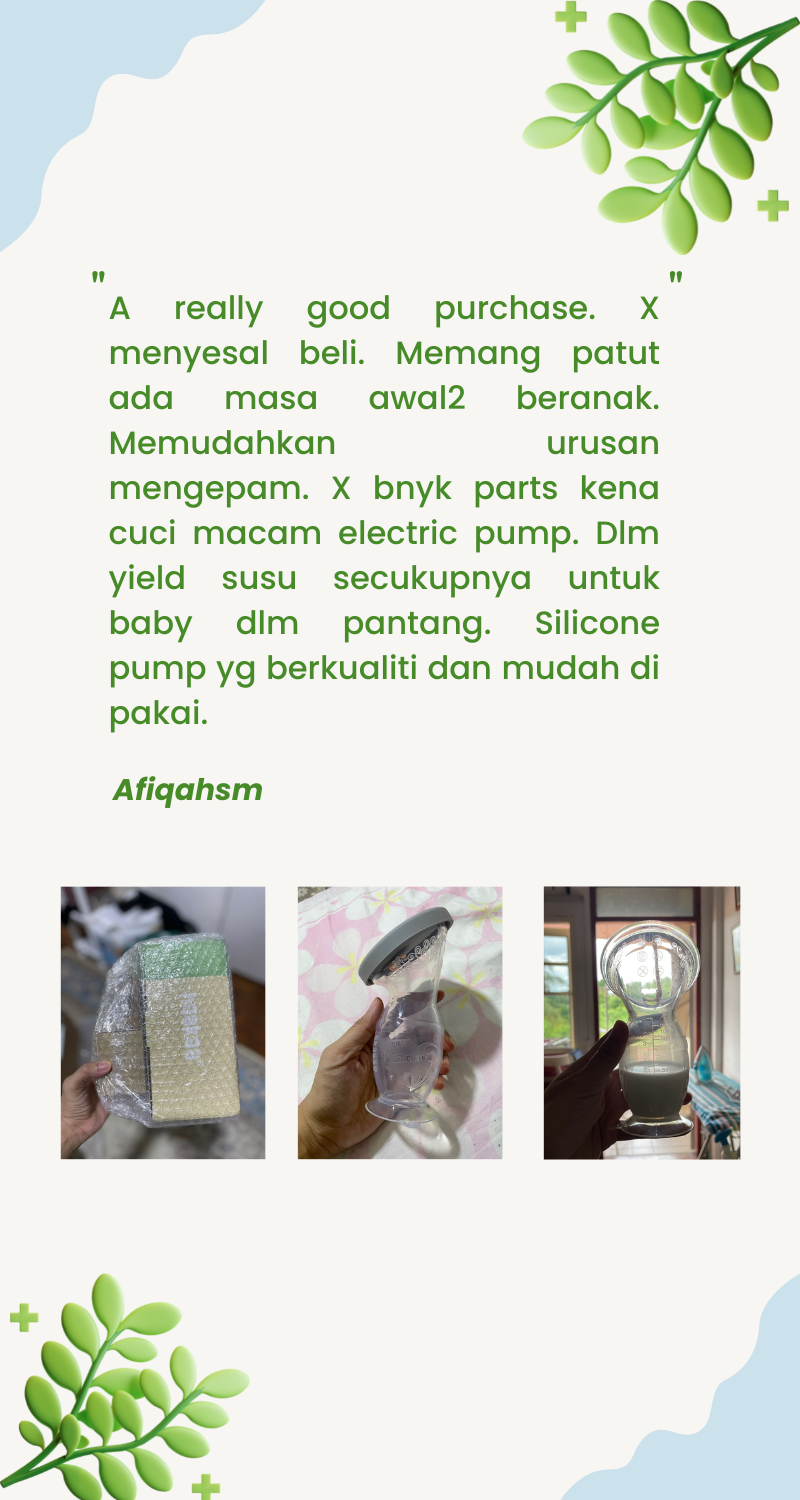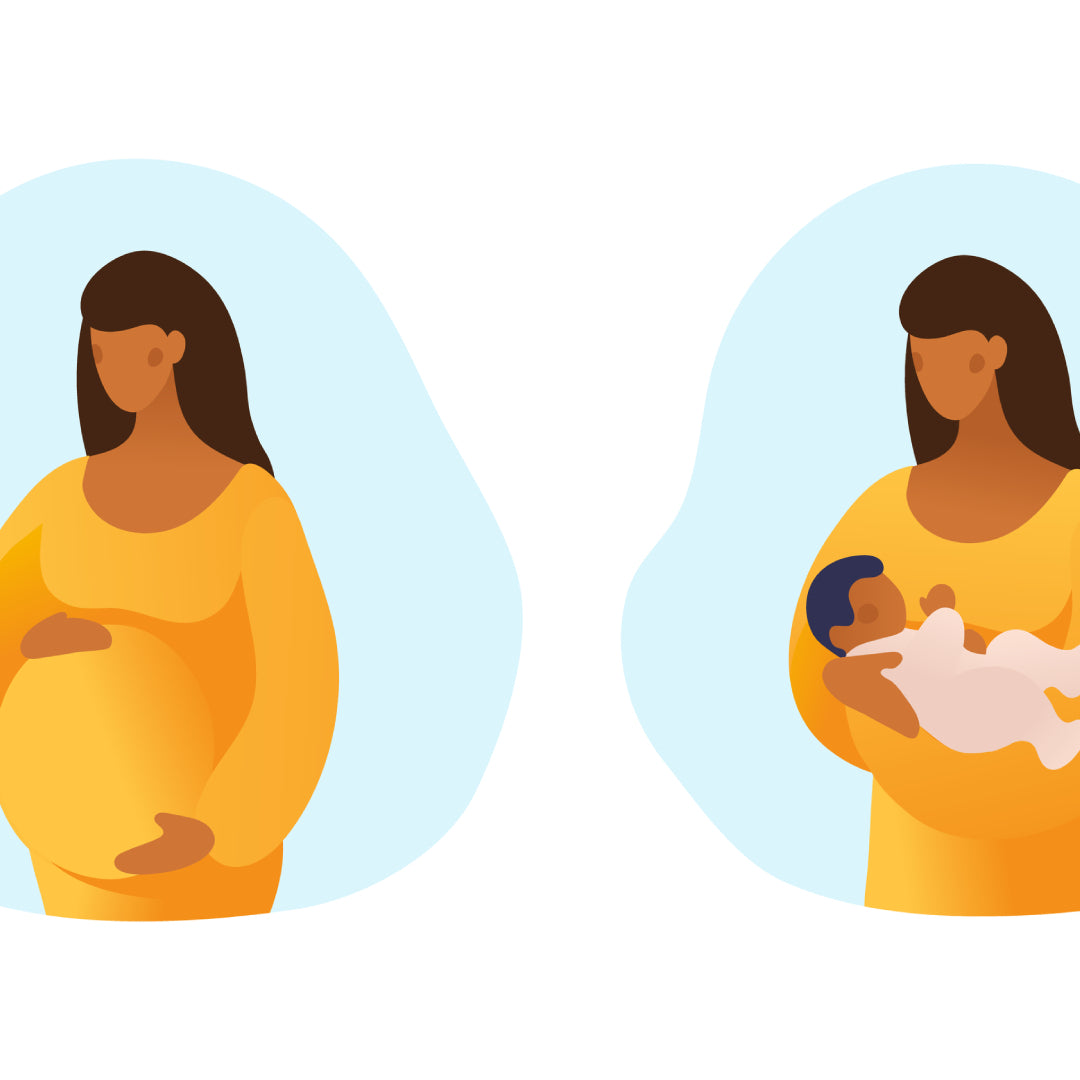
This blog is written by Candice & Candice from GoldiLacts
When a baby is born, it is the assumption that this is their first day. However, birth is not their beginning.
They have lived an entirely different lifetime inside the safety of their parent’s body before they venture into the world we share together. Understanding this fact gives us important insight into our newborn’s behaviours. This also gives us insight which can bring much calm in the earliest weeks postpartum as we help our babies adjust to this brand-new world. Virtually everything about the environment our baby has experienced up to the day you hold them in your arms for the first time is completely the OPPOSITE when they transition to life outside of the womb.

Inside the womb, the atmosphere is dark, loud, warm, and wet, and all the sounds your baby hears are muffled. The area they live in is confined yet free. They are weightless, constantly rocked and swished about, and they have NEVER been without the sound of a loud, consistent heartbeat. They have never felt hunger as they are consistently fed around the clock. They can sleep and wake when it feels most natural without being interrupted or encouraged. They can do whatever they want, regardless if it is night or day according to our conventional standards of time.
This is why when babies are born, it seems they want to eat ALL the time; it’s what they are used to. Breasts release a scent that mimics amniotic fluid- this smell brings them all of the comfort of the womb, and it smells like home. It’s why they want to be held and snuggled all the time, crying each time they are removed from the warmth of our chests; this warmth is all they have ever known. Why does it seem that they sleep most comfortably with an ear on that chest? The sound of a heartbeat has sung them to sleep their entire life.
When held skin-to-skin, babies feel warmth from another body, much like the warmth in the womb. Compare this sensation of closeness to now being swaddled in a dry blanket; your tiny body cannot move as freely as you once danced in the womb.
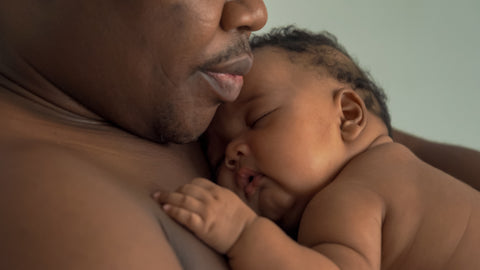
Sometimes as new parents we feel so much stress and anxiety in the early days, questioning our milk supply and wondering why babes are always resisting being put down. Breastfeeding is instinctual, but the breastfeeding relationship doesn’t always come naturally. Navigating the nuances of our own baby’s feeding cues, learning who our baby is and how they communicate with us, learning to feed at their demand instead of structuring the schedule we are told they need…all of this is a learned skill. You both need time to adjust. You have also been born in a sense, emerging from the safety of carrying this baby inside of a womb you trusted was safe, to the uncertainty of your arms and your chest from which you are responsible for keeping this child alive.
Just remembering the depth of this transition and the reasons why babies need this constant comfort in the beginning can help to reset the mind and embrace what feels most natural. Remembering the many intricacies of your own transition into parenthood can also help remind you to breathe, ground yourself in your own magic, and trust your own process through parenthood. While babies are following their own natural instincts, you are allowed to as well. It can be a journey to finding the trust that is needed here. While you might need some helpful guidance and support along the way, you are not doing something wrong. There is nothing else for you to figure out. You are perfect, and so are they. Follow their lead.
With Love & Liquid Gold, The Candice’s of GoldiLacts





